In cash-strapped New York, Governor Cuomo has estimated that the state will raise an initial $20 million from the first year of marijuana licensing fees.
When the law is fully enacted he anticipates a further $141 million from taxes on smokable and edible marijuana products. Seeing the major dollar signs is an irresistible lure for most career politicians. The real surprise is probably that it has taken this long.
But before you think that I'm going to scold him here, I admit there are some good reasons to legalize recreational marijuana.
First of all, there is the aforementioned boost to the economy. Second, it seems to take marijuana out of the hands of black markets, street gangs, drug cartels, and organized crime in general, which on the face of it is a win for law enforcement.
Read more
But some law enforcement officials say that in fact, it's actually a win for the big cartels who can easily undercut the prices charged by state-licensed sellers, meaning they stay in the game and could potentially even benefit.
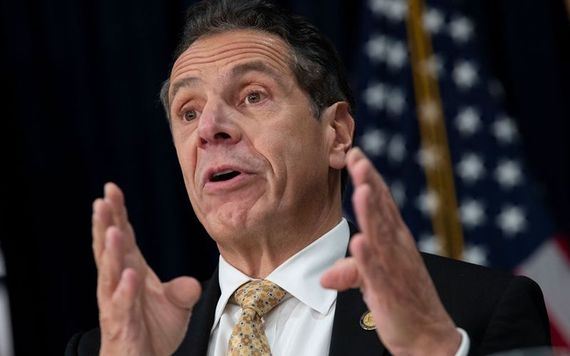
So perhaps the most persuasive reason for the new legalization drive was the undeniable fact that the enforcement of the marijuana laws fell disproportionally on communities of color.
For decades the enforcement of marijuana prohibition was undeniably racist and communities of color paid the price, in a country where a black person was 3.73 times more likely to be arrested for marijuana possession on average.
So any fair-minded person can see pluses and minuses on either side of the issue, which is why it's clear to me that cash and not principle was the decisive factor.
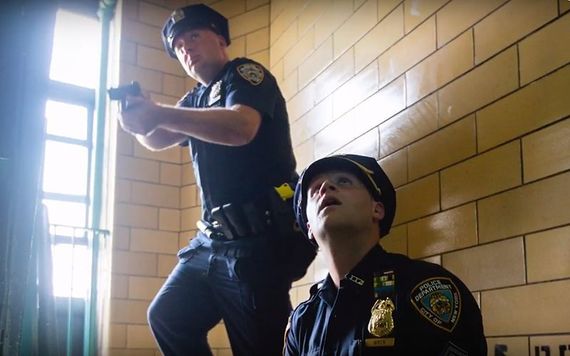
But with legalized marijuana “we are unleashing a new beast,” New York State Police Chief Mathew Nielsen told the press this weekend. Because just like with alcohol someone under the influence of marijuana may think they are fine to drive but that’s not true. “They may think they are more focused but they are not,” he said.
You only have to take a walk around the city streets to see the wisdom of his words. This weekend I spotted two obviously impaired drivers who had just filled a parking lot with thick clouds of their pot, calmly turn the key in their engine to join a six lane highway looking stoned out of their minds.
Impaired driving, whether by alcohol or marijuana, is a menace on the roads but how will law enforcement work with marijuana? The new law says that you can smoke marijuana in public wherever smoking tobacco is allowed, but not in schools or workplaces. It's also not allowed inside a car, nor is it a ticket to drive whilst high on pot.
But pot smokers clearly aren't overly concerned with the no smoking in cars part of the law. How will law enforcement tell if it's plain tobacco or cannabis, they ask?
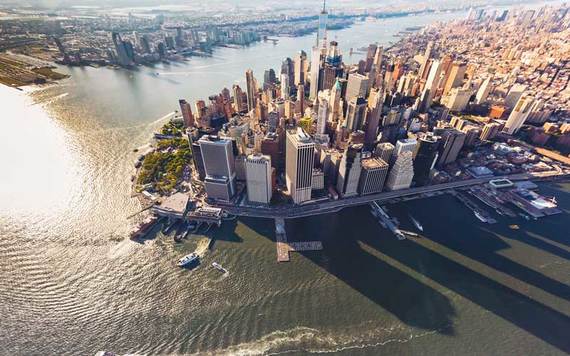
That's where the public may come in, to a degree. Scofflaw pot smokers who are making driving less safe for the general public will have to learn they can't risk other people's lives with impunity. Public tips may be one way to balance out the threat.
But what about renters in New York's high-density living situations? If your next-door neighbor's cannabis sessions regularly invade your own apartment, what legal recourse do you have now? Before you could have called the police citing the illicit substances, but now your pot-smoking neighbors can thumb their noses at you citing the new law.
Until you have lived next to frequent drug-smoking neighbors you may not be aware of how little city authorities will intervene on your behalf. 311 have no method (and some might suggest no interest) in ascertaining if drugs are being smoked in your building, or how serious they are, or what you should do to prevent them other than just move out yourself.
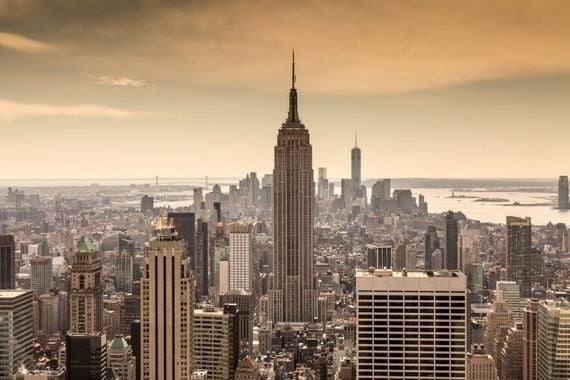
Calling the police can also be a blunt instrument, because often they will arrive in a lull between the smoking sessions, or they may fail to find actionable evidence when they do arrive leaving you open to harassment charges, or they may not have the necessary equipment to determine exactly what kind of drugs have been used and so on.
You might think a city with as many renters as New York would have an actionable mechanism to address drug-taking neighbors – especially if you have children in your affected home – but you would be quite wrong.
The law was already on the side of the people who take recreational drugs and now it is even more so. Instead of fixing a problem last week, the city-state may have exacerbated it.
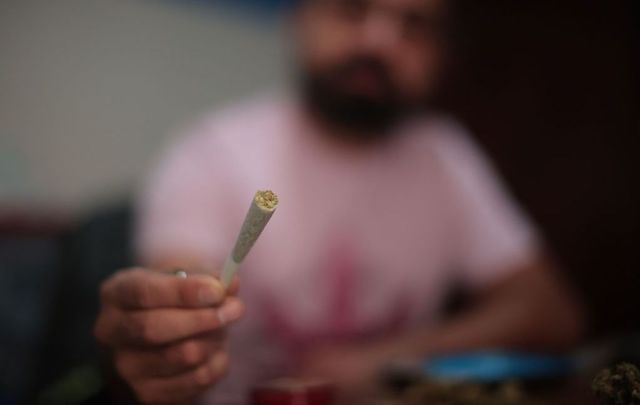



Comments